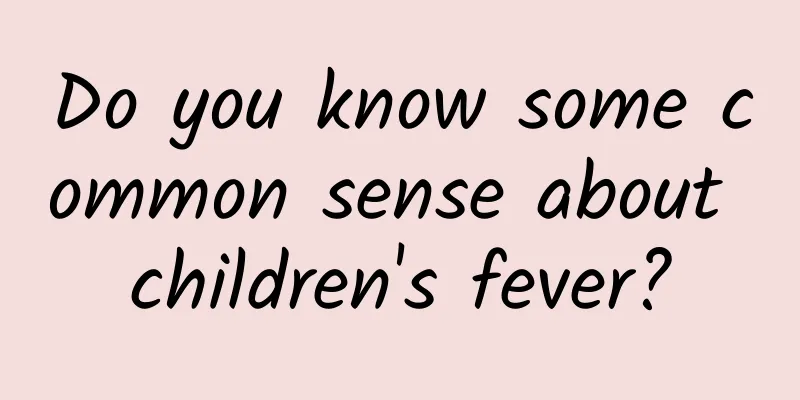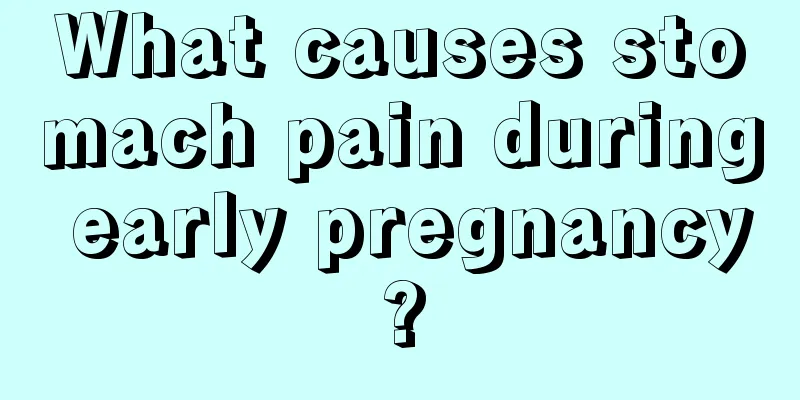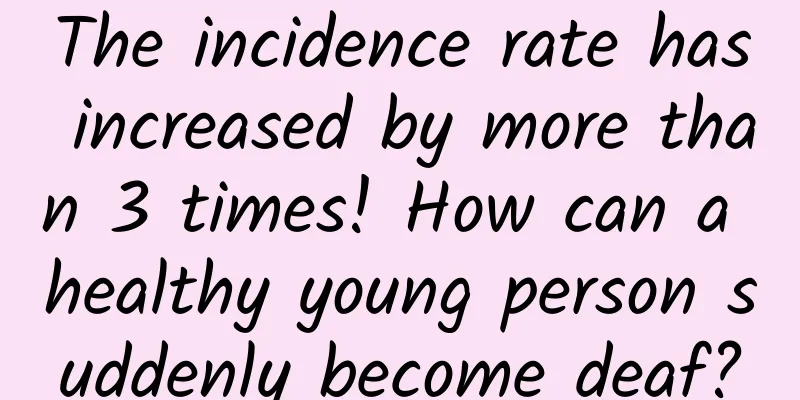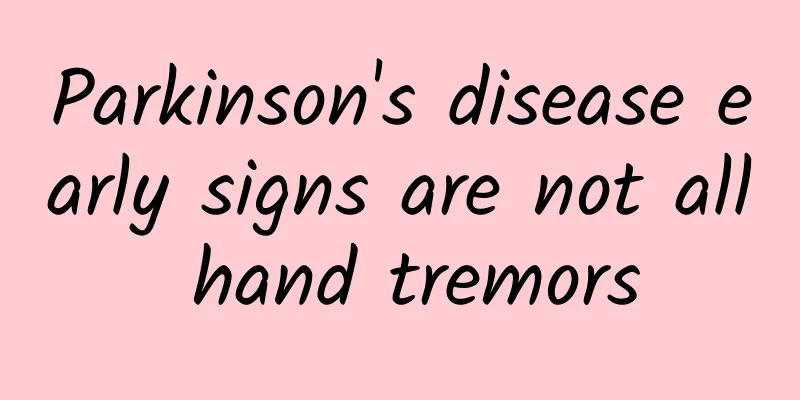Do you know some common sense about children's fever?

|
Science Fiction Network, December 22 (Jin Kaiyi) Fever is the body's defensive response to disease. In children, many diseases can cause fever symptoms. Are you clear about several issues about children's fever? There are generally three stages of fever in the human body. The first is the period of rising body temperature, when the body's heat production is higher than the heat dissipation, and symptoms such as chills and shivering are prone to occur; the second is the period of stable body temperature, when heat production and heat dissipation tend to be balanced at a higher level, chills decrease, and symptoms such as headache, nausea, vomiting, and fatigue may occur; the third is the period of falling body temperature, which is what we often call the antipyretic period, when heat dissipation is higher than heat production and the body temperature gradually drops. We often hear that "it is recommended to use antipyretics when the child's temperature exceeds 38.5℃." So, does it have to be 38.5℃ before taking the medicine? In addition to the body temperature, it is equally important to observe the child's mental state and the child's subjective symptoms. If the child's temperature is less than 38.5℃, but he has shown symptoms such as lack of energy, sluggishness, and muscle aches, you can give the child antipyretics. When the child's temperature exceeds 38.5℃, but his mental state is still good and he does not feel any discomfort, you can consider not taking antipyretics for the time being. The purpose of taking antipyretics is mainly to increase the comfort of children and let them spend the fever period safely and comfortably, rather than simply pursuing the goal of lowering the body temperature to normal. Under normal circumstances, after taking antipyretics, the body temperature may only drop by 1 to 2°C. Parents only need to closely observe whether their children have any special circumstances. The degree of fever is not absolutely related to the severity of the disease. A low body temperature does not mean that the disease is necessarily mild, and a low temperature does not mean that the disease is necessarily severe. Why can't we take two antipyretics alternately or at the same time? Taking two antipyretics at the same time will increase the burden on the child's liver and kidneys and cause adverse reactions; it is also not recommended to use two antipyretics alternately, because it does not increase the antipyretic effect, but may make the time wrong and increase the possibility of drug overdose. In addition, physical cooling with cold water or alcohol may increase the child's discomfort, and wiping with cold water is not conducive to reducing fever. Do not bathe your child with alcohol, because alcohol will be absorbed through the skin and may cause damage to the child. Physical cooling is usually used when rapid cooling is required in an emergency, such as when heat stroke occurs. If you find that your child's hands and feet are cold, you can rub them to warm them up or wrap them with a towel to help dilate blood vessels and help dissipate heat. |
<<: In winter, health preservation is the key
>>: IDC: Samsung sold 2.93 billion mobile phones in the past decade, 33% more than Apple
Recommend
How long after abortion can you touch cold water in summer?
After an abortion in the summer, the body usually...
Female reproductive system anatomy
Ignorance about the reproductive organs is not he...
Women, take note! The presence of inflammation can be determined by the cleanliness of the vagina
Vaginal cleanliness refers to observing vaginal s...
Why is the red urine of pregnant women not bleeding?
The physical condition of pregnant women is the m...
Can I have an abortion at seven weeks of pregnancy?
If a woman who is pregnant unexpectedly wants to ...
What's wrong with occasional bleeding two months after delivery?
Having a baby is a major event in a woman's l...
Can I have children with vulvar leukoplakia? The answer will surprise you!
Women with vulvar leukoplakia will feel embarrass...
Female urethra pseudo-sharp picture
Latent condyloma acuminatum, also known as latent...
Can constipation cause delayed menstruation?
Constipation may also cause delayed menstruation....
The strange disease lasted for nine years, and it turned out to be insulinoma that was causing the problem!
Mr. Wang, who is nearly 60 years old, is very fed...
Two months pregnant right abdominal pain
Pregnancy is very important for every woman, but ...
Do you know the correct interpretation of breast nodules?
Breast hyperplasia and breast nodules are both co...
What to eat in copper hotpot? How to make copper hotpot
In the coldest days of winter, the outside is fro...
What is the reason why Strelitzia reginae often breaks? What should I do if Strelitzia reginae often breaks?
Strelitzia is a common flower in life. It is deep...
Brown discharge one week after menstruation
When women reach those "few days", thei...









